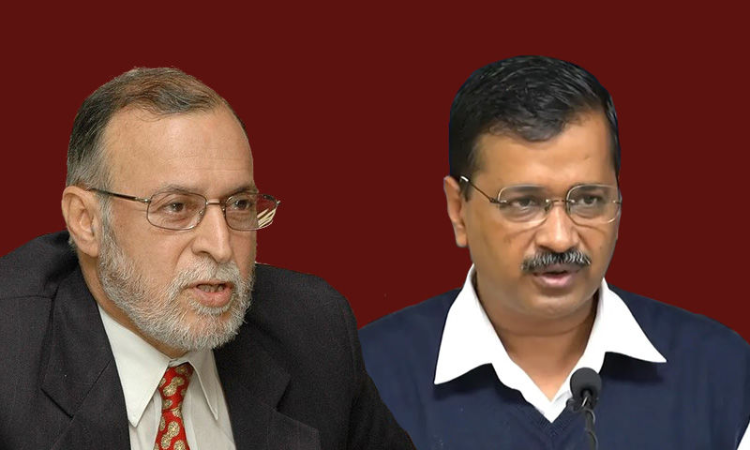Responding to Delhi Government's challenge to constitutional validity of the Government of National Capital Territory of Delhi (Amendment) Act 2021, the Union of India has submitted before the Supreme Court that the Parliament of India considered it expedient to enact amending act due to several instances of "practical difficulties and disruptions" over the last few years in the functioning...

